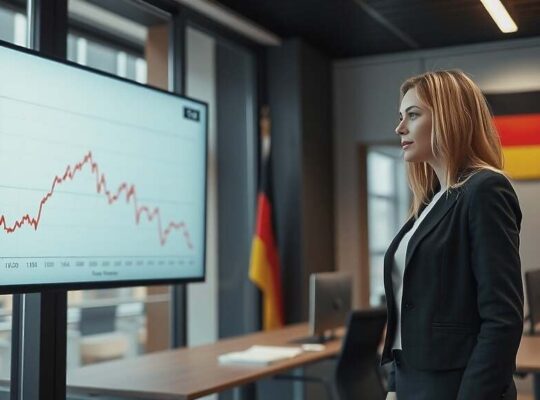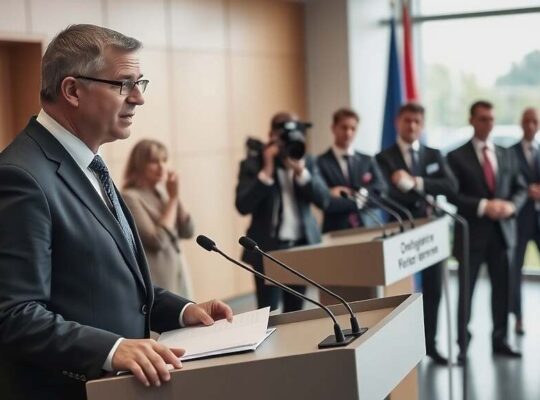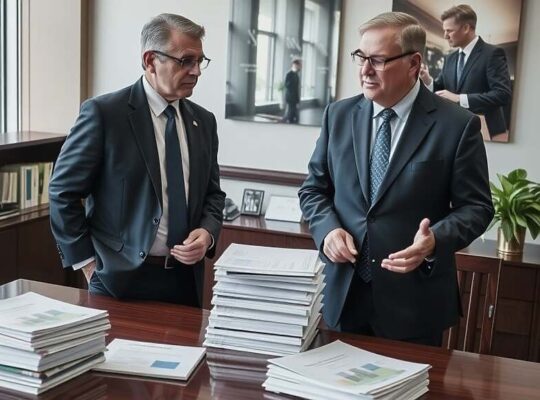A significant shift is underway within the private equity sector, according to Philipp Freise, Co-Head of Europe at KKR. He describes a period of consolidation spurred by a disruption to the industry’s traditional investment cycle. Typically, private equity firms acquire companies, invest in their growth and sell them after several years. This established five-year cycle, Freise notes, is currently experiencing an unprecedented change, leaving many firms holding onto portfolio companies they are unable to divest.
This situation is impacting fund performance, with returns falling short of expectations. Freise anticipates that the reduced ability to exit investments will ultimately lead to consolidation within the private equity landscape.
Beyond the disruptions to established cycles, Freise observes a global realignment of capital. While the United States are experiencing a relative decline in investment focus, Europe is increasingly becoming attractive to investors, including KKR. A notable change is the growing influence of private capital, now contributing around 20% to the sector, a figure that could rise to 30%, 40%, or even 50% within the next decade. This expanding role of private capital has the potential to lessen the sector’s dependence on traditional economic cycles.
Freise attributes the current environment, in part, to the European Central Bank’s low-interest-rate policies during the COVID-19 pandemic. These conditions facilitated leveraged buyouts, prompting rapid capital deployments and acquisitions. He suggests the pace of investment and capital raising was unsustainable, contributing to the present situation.












